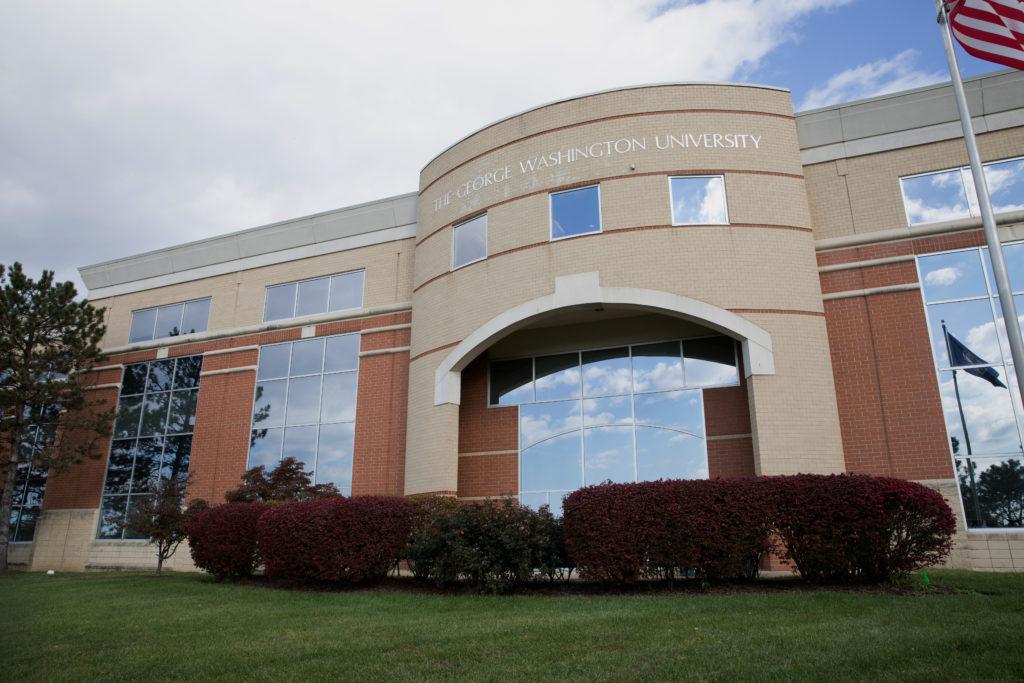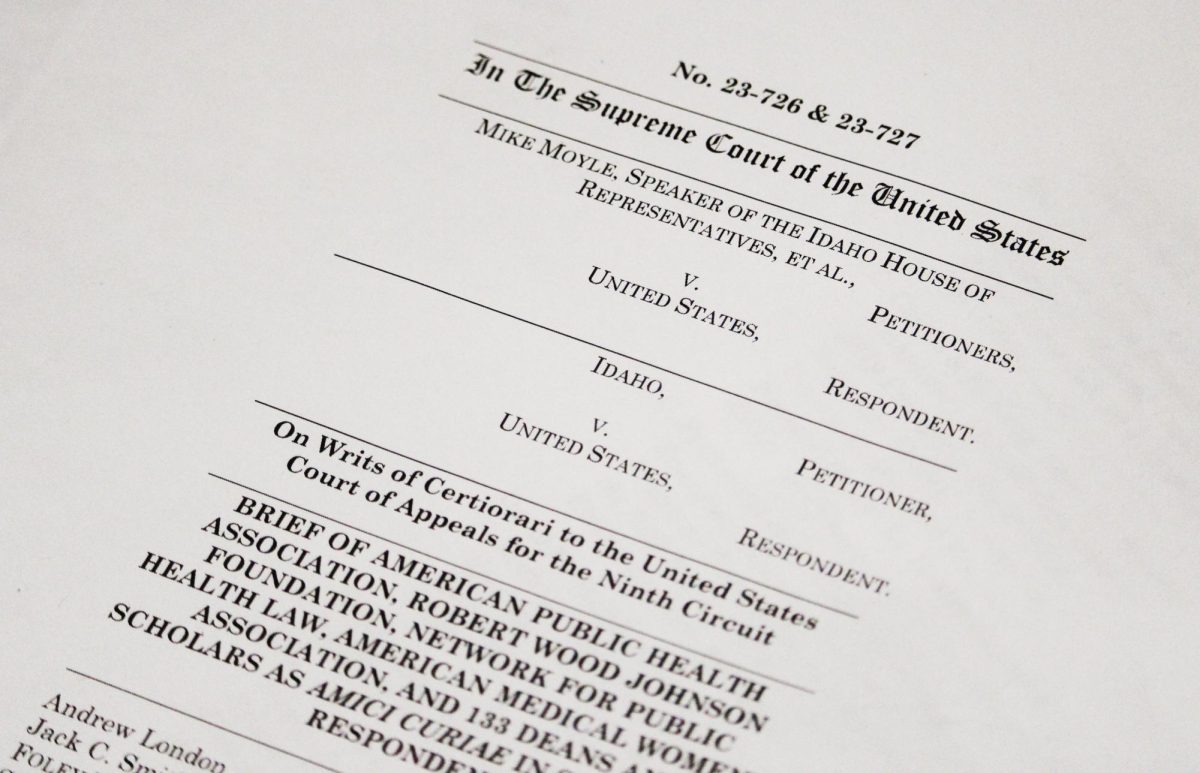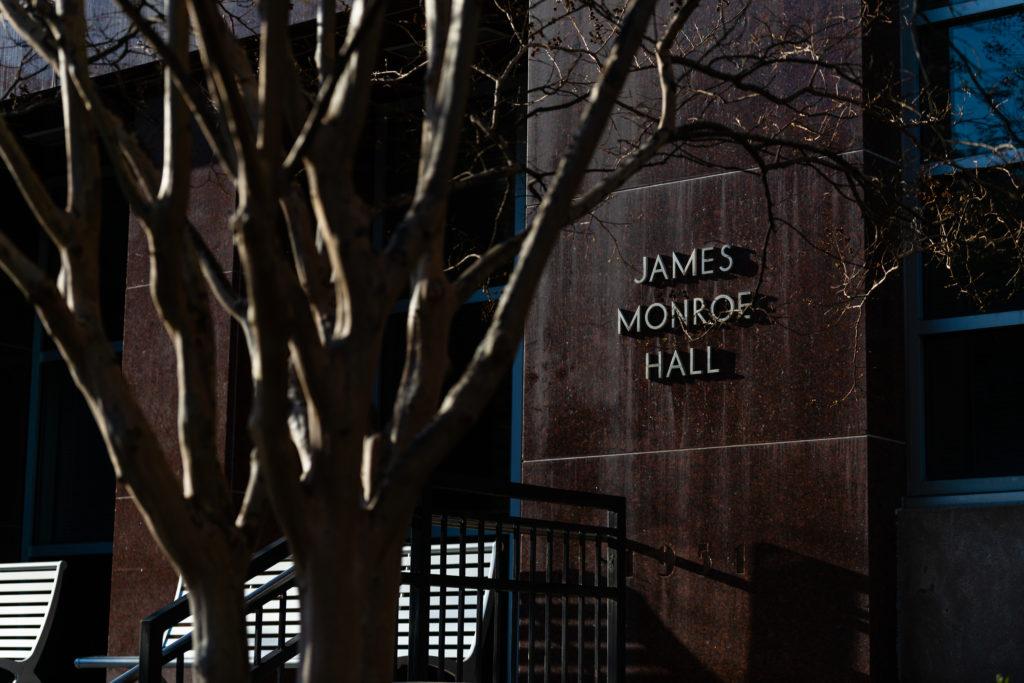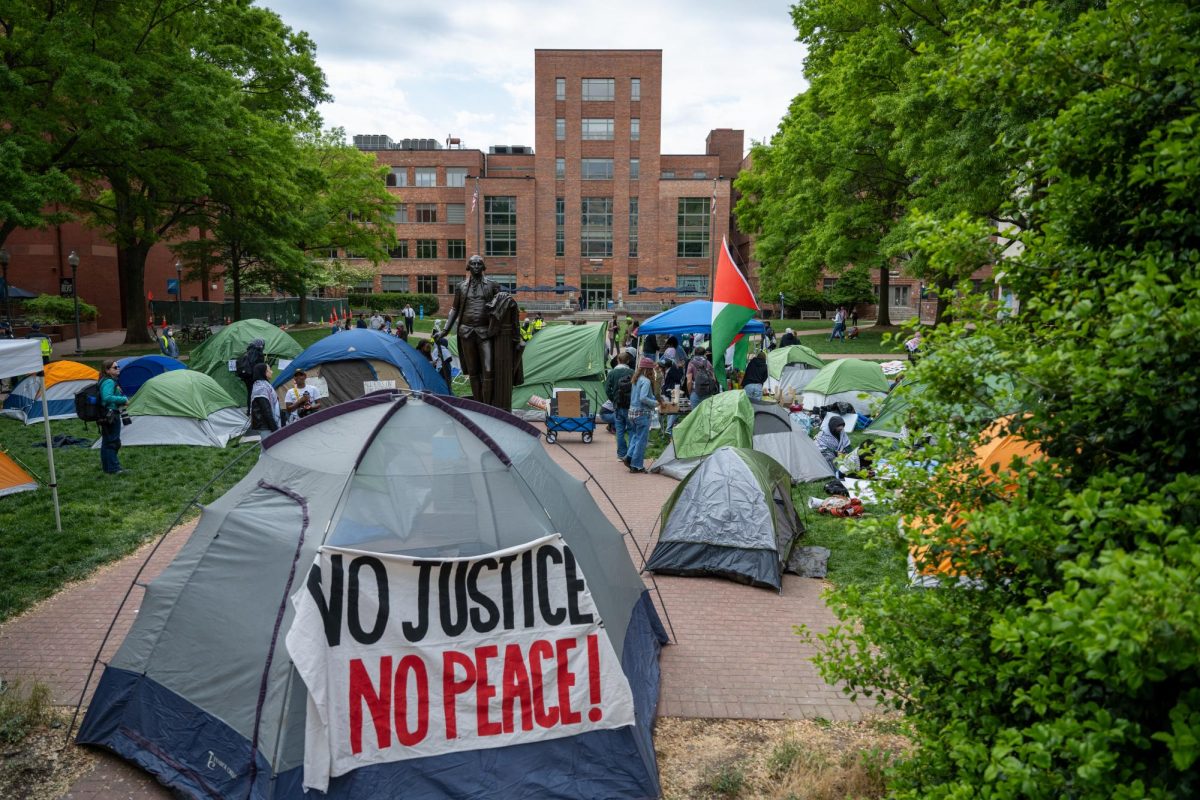Three months after students in the School of Nursing began administering COVID-19 tests on campus, volunteers said the experience helped them develop a deeper understanding of the pandemic.
Paul Challan, a senior in the accelerated Bachelor of Science in nursing program, said fourth-semester nursing students have been able to administer COVID-19 tests at the Virginia Science and Technology and Foggy Bottom campuses since August. Nursing students said their volunteer work has provided them with valuable training for their future jobs and gave them insight into how the crisis affected their school community.
Challan said about 50 to 60 nursing students have participated, each for a two-week period consisting of about 72 hours. The two weeks of COVID-19 testing count toward students’ typical clinical community hours requirement, which can include conducting health screenings and administering vaccinations at community organizations, he said.
“We got a call saying ‘This would cut your vacation short, but you can knock out your clinical community hours beforehand,’” Challan said. “That continues to be an ongoing two-week rotation available for students to sign up if they want.”
Karen Drenkard, the associate dean of clinical practice and community engagement for the nursing school, is leading the testing center team at the VSTC, according to a University release about the program.
Challan said nursing students rotate between two stations, one for checking in patients with their ID, phone number and date of birth and one for administering the nasal swab test. He said the students are equipped with gloves, N95 masks and face shields.
He said building community within the accelerated nursing program, which covers all the material for a four-year bachelor’s degree in 15 months, has been especially challenging now that classes are conducted virtually. He said helping at the testing site filled that gap, enabling students to get to know each other.
“Being able to do something like this COVID testing center, for your fellow classmates, for your professors and your teachers, it in another sense brings you a lot closer,” he said. “It makes you feel that you are part of this larger health care system and that you have a role to play.”
Hannah Brenneman, a fourth-semester student pursuing an accelerated BSN, said helping out with testing allowed her to gain useful insight into how nursing has been affected by the pandemic for when she begins to work in the field in the next few months.
“We didn’t have class time to talk about COVID-19 besides little five-minute sections that teachers were able to put it in,” she said. “This helped tremendously in the sense that we were able to get an idea of how our community is affected, what we can do to help and what our role in nursing will be in the next few months when we actually get into the field.”
Brenneman said she was at first concerned about the risk of contracting the virus and infecting her family, but she quickly adapted to the safety protocol and became more comfortable working at the clinic.
“I have always appreciated the health care field, but obviously this has shown me the demand and how taxing it is on our nurses and all of our health care providers,” Brenneman said. “Everyone is doing what they can, and that can be really hard when you don’t really have all the answers and you are kind of just playing it day-by-day.”
Eugenia Rott, a fourth-semester student in the accelerated BSN program, said having to manage both COVID-19 testing and completing the required 168 hours of volunteering in a hospital setting has left her feeling fatigued.
“Having basically a full-time job as a full-time student really sucked because you had all your assignments to do and you had to go to the hospital at least three times a week while shadowing or working with a nurse to develop your own school,” Rott said. “A lot of my classmates said they felt very burnt out.”
Rott said the experience has improved her nose-swabbing skills because she’s needed to administer tests to people with many different nose types, including people who have a septum piercing or a nose ring.
“It sounds so weird, but I didn’t realize that there were so many different structures of the nose,” she said. “It makes sense once you think about it, but not everyone’s nose is built the same.”








